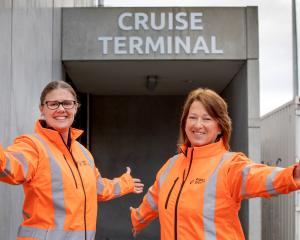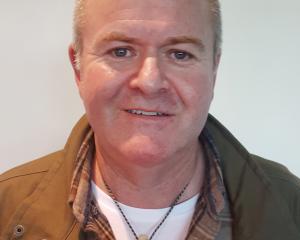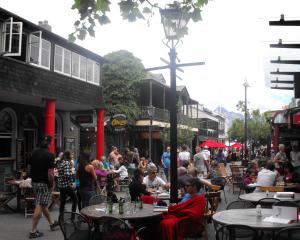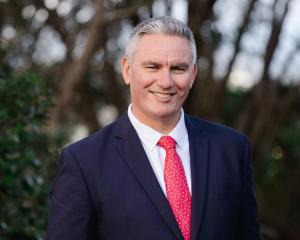Tiny Samoa, if not intent on stealing a march on the rest of the world, has set its sights on stealing time: 24 hours to be precise.
This is because at present it sits just east of the international date line, which runs through the middle of the Pacific, and is 11 hours behind Greenwich Mean Time (GMT). It is one of the last places on Earth to see the end of any particular day.
More pertinently, its horological situation places it at temporal odds with all its major trading partners in Asia and Australasia, which sit on the other side of the dateline.
Thus, while Auckland starts work bright and early on Monday morning, it it Sunday morning in Apia; and by the time the week trundles around to Friday in the Pacific nation, it is already Saturday in Sydney.
Effectively, this allows four coincident working weekdays for the trading partners to do all their business - to the substantial economic disadvantage of Samoa.
It is not known whether he experienced his "eureka moment" while lying in the bath, but the answer, according to Samoan Prime Minister Tuilaepa Sailele Malieligaoi, is quite startling in its simplicity: switch time zones so Samoa lies just to the west of the dateline.
Such a move would take it from being 23 hours behind New Zealand to one hour ahead.
This "correction", reversing a 120-year-old decision made when Samoa's major trading partners - and thus its preferred time alignment - were the United States and Europe, will mean the small Pacific Island nation becomes a country of firsts: no longer will Mt Hikurangi on the East Coast of the North Island be first to see the new day's sun, nor the Chatham Islands be first to welcome millennia.
Samoan New Zealanders will finally have the convenience of being on a similar wavelength, or at least time-share, with their 'aiga in Apia, tourists will not have to get their heads around travelling backwards and forwards in time - losing a day here, gaining one there - when they visit the islands, and business will automatically get a 40% increase in well-aligned working hours.
Importers, exporters, tourism operators, banks and others will welcome the shift.
Not so overjoyed will be those who miss out on their special day - birthdays and anniversaries for example - when the country skips Friday, December 30 this year and moves straight to Saturday, December 31.
This, however, should be amply compensated for by the honour of belonging to a nation possessed of such simple and practical notions as shifting time itself.
And now for the good news
The "junket" is a well-practised and accepted convention in travel journalism. In the good old days, when the rivers of classified advertising ran with gold, there was sometimes enough fat in the system for media organisations to send journalists off on independent travel jaunts. Not any longer, and given the distance from major tourism markets such as the United Kingdom and the United States, it is whistling in the dark for promoters in this country to sit back and hope large numbers of specialist writers will find their own way here with the purpose of covering the variety of attractions this country has to offer its visitors.
Thus it is Tourism New Zealand has spent $9.42 million entertaining foreign writers at the New Zealand taxpayer's expense between 2006 and 2010. This year it expects to host up to 400 media personnel at a cost of $1.67 million - which amounts to about 2.6% of its total marketing budget of $64.8 million.
Has the money been put to good use? Competition for the international tourist dollar is fierce.
Placing advertisements in overseas newspapers, or running ruinously expensive television campaigns in offshore markets, is one thing; but the virtues of the "editorial content" of travel journalists' articles is considered still to have credibility and reach.
The host cannot entirely control or predict the reaction of the scribes, but arguably the resultant coverage helps to reinforce "brand New Zealand".
Tourism vies with the dairy industry as our top "export earner", and if the exposure means that several thousands more deep-pocketed tourists are enticed to make their own way here, then it is hard to argue it is not money well spent.





